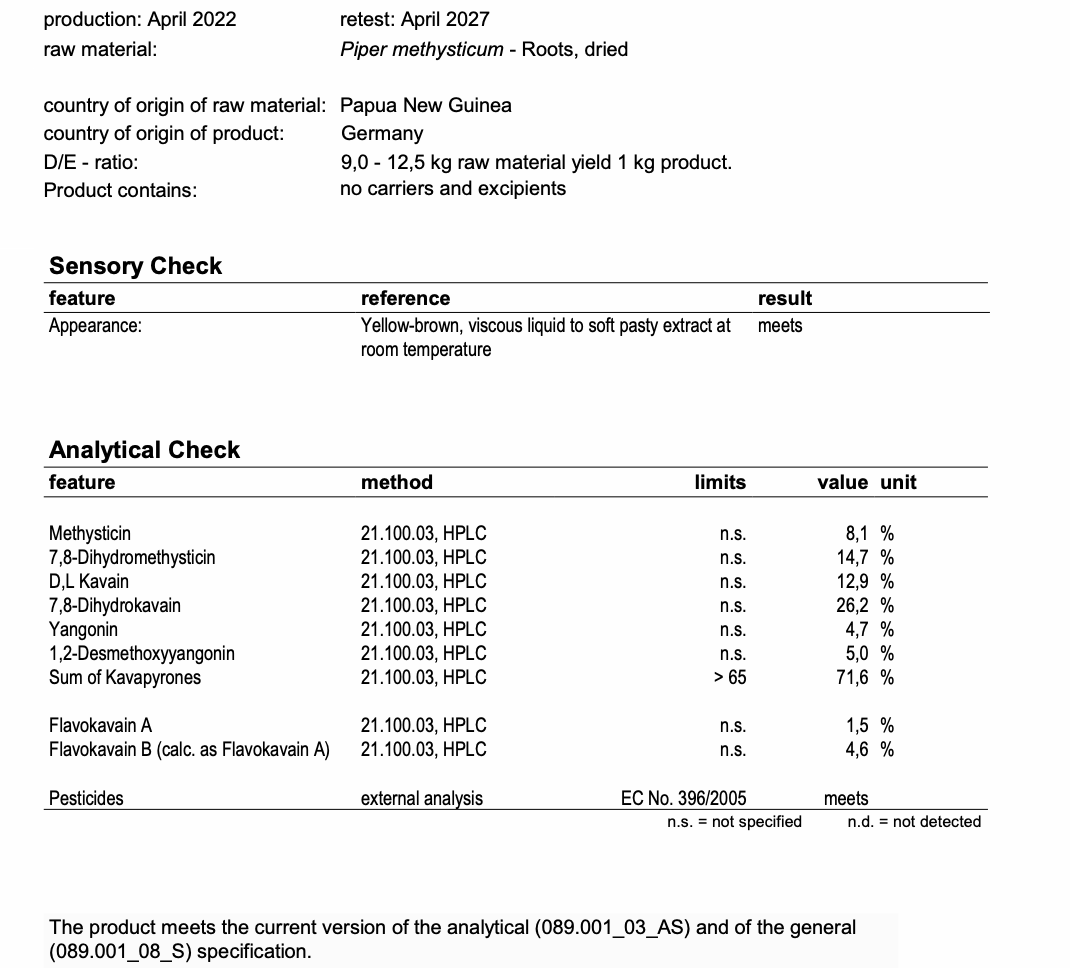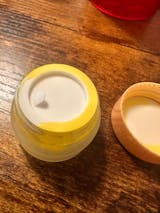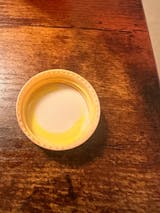
Healing Herbals
Kava CO2 70% Kavalactone Extract Paste
Kava CO2 70% Kavalactone Extract Paste
Couldn't load pickup availability
Kava CO2 70% Kavalactone Extract - Ultra-Potent Kava
Product Description: This Kava CO2 70% Kavalactone Extract is a fairly higher potency extract of Kava (piper methysticum). Running at around 70% kavalactones driven by a C02 extraction standard. This is a no brew necessary extract, meaning you can enjoy a bit on the tongue, or added easily to most drinks. This extract derives from a noble kava variety, from our friends who are big on sustainability. We think of this as a nearly pure, powerful and easy to enjoy kava product.
Note: For laboratory reports check the product listing image, or contact us for any most current tests as well.
Share


Did not receive your Marcel so far.
I don’t have any complaints regarding the actual extract. It smells, feels, and feels performs exactly as expected. However, I had to take away a star for now it was packaged. The seal was just kind of loosely stuck on and not properly adhered to the jar, so the extract leaked all into the lid and pouch. I probably lost about 1/4 of what was in there, but I only bought 2g so it’s not too big of a loss. Hope this was just a fluke, will definitely be ordering here again

Here at Healing Herbals Store
We carefully select suppliers who share our commitment to environmental stewardship and minimize waste through eco-conscious or reused packaging whenever possible. We prioritize supporting fair labor practices and are currently investing in regenerative farming methods, so every product reflects our dedication to both quality and the health of our planet. Shop now!




